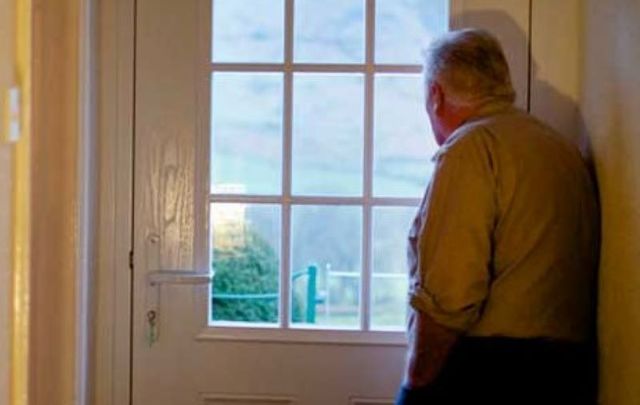Researchers at Trinity College say Vitamin D can improve immune responses and advise those "cocooning" during the coronavirus pandemic to get adequate intake.
Research carried out by the Irish Longitudinal Study on Ageing at Trinity College (TILDA) has found that Vitamin D can help prevent respiratory infections.
Read more: Dublin scientists develop Covid-19 virus killing robot
Professor Rose Anne Kennedy, Principal Investigator of TILDA, said that Vitamin D can reduce the risk of chest infections in adults and, while its impact on COVID-19 is still unknown, it could also potentially reduce the risk of the deadly virus.
She said that people with low levels of Vitamin D who took supplements drastically reduced the risk of contracting chest infections.
She said: "We have evidence to support a role for Vitamin D in the prevention of chest infections, particularly in older adults who have low levels. In one study, Vitamin D reduced the risk of chest infections to half in people who took supplements.
"Though we do not know specifically of the role of Vitamin D in COVID infections, given its wider implications for improving immune responses and clear evidence for bone and muscle health, those cocooning and other at-risk cohorts should ensure they have an adequate intake of Vitamin D."
Read More: WATCH: Plagues and pandemics - Trinity experts on how history can help us battle Covid-19
The TILDA study also found that a huge number of Irish adults have a Vitamin D deficiency.
Dr. Eamon Laird, Research Fellow in Medical Gerontology and co-author of the report, said: "These findings show our older adults have high levels of vitamin D deficiency which could have a significant negative impact on their immune response to infection.
“There is an even larger risk now of deficiency with those cocooning or confined indoors. However, vitamin D deficiency is not inevitable – eating foods such as oily fish, eggs, vitamin D fortified cereals or dairy products and a daily 400 IU (10ug) vitamin D supplement can help avoid deficiency.
“However, Ireland needs a formal vitamin D food policy/recommendation, which we are still lacking – for instance Finland has such a policy and has virtually eliminated deficiency in their population.”
Read More: "Everyone must stay at home" - new restrictions for Ireland effective tonight
As many as one in every eight Irish adults over the age of 50 have a Vitamin D deficiency, while 47% of Irish adults over the age of 85 have a deficiency in the winter.
Furthermore, around 27% of adults over the age of 70 who are currently cocooning due to COVID-19 are estimated to be Vitamin D deficient.
Human bodies make Vitamin D when they are exposed to sunlight for around 15 minutes per day.
However, our bodies can only make Vitamin D in Ireland between March and September due to the climate during the winter and it can sometimes be difficult to manufacture it even during the warmer months due to cloud cover and a lack of sunshine.
To make up for this, people can eat Vitamin D-rich foods like fish, eggs, liver, and dairy products.
People can also take Vitamin D supplements to correct a deficiency. However, the TILDA research found that only 4% of Irish men took Vitamin D supplements compared to just 15% of Irish women.
Read more: 3D-printable face shields for healthcare workers created by Wicklow tech firm




Comments